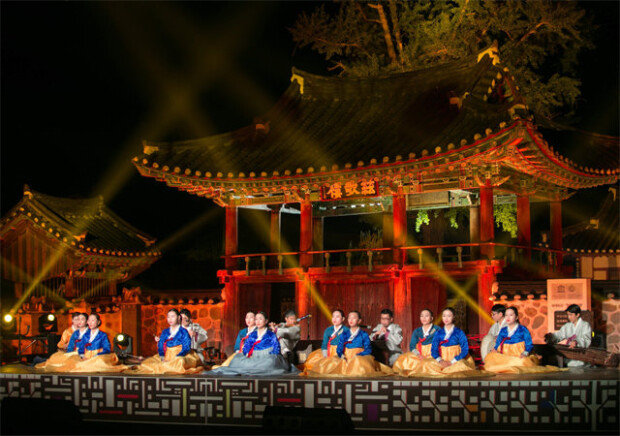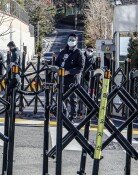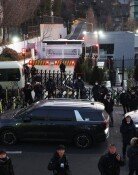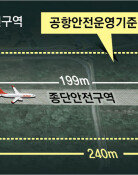UNESCO World Heritage sites offer various programs and tours
UNESCO World Heritage sites offer various programs and tours
Posted December. 22, 2020 07:33,
Updated December. 22, 2020 07:33

The World Heritage Festival, which first took place this year, is designed to share the values of world heritage, the assent of mankind. This year, the festival was held in three sites including volcanic islands and lava caves in Jeju, seowon (Korean Neo-Confucian academies), and Gyeongju Historic Areas, from July to September.
Next year’s festival will be jointly organized by the Cultural Heritage Administration, the Korean Cultural Heritage Foundation, and local governments. In October, Jeju will host an event titled, “Volcanic Islands and Lava Caves in Jeju” at sites, such as Seongsan Ilchulbong (Sunrise Peak) and Geomun Oreum lava cave system under the theme of the “circulation of life.” The sites that are closed to the public, including Bendwi Cave, Gimnyeong Cave, Yongcheon Cave, and Dangcheomul Cave will be open during the event. There will be a special expedition tour, where participants are allowed to go inside the caves, as well as exhibitions and art projects.
With the theme of “acceptance and creativity,” Andong will host an event, under the slogan of “World Heritage created by Andong, Human Values that Creates the Future,” at Hahoe Folk Village, Dosan Seowon, Byeongsan Seowon, and Bongjeongsa Temple in North Gyeongsang Province in September. There will be a Korean-style fireworks show called Seonyoo String Fireworks, where you can watch the fireworks falling down along the strings while listening to music, at Buyongdae Cliff in Hahoe Folk Village. Dosan Seowon and Byeongsan Seowon will be open at night and run programs for those who want to experience the seowon culture.
The Baekje Historic Area, which comprises of Gongsanseong Fortress and Songsan-ri Tomb Site in Gongju, Jeongnimsa Temple Site and Neungsan-ri Ancient Tombs in Buyeo, and Mireuksa Temple Site and Wanggungni Historic Site in Iksan, will offer a variety of programs, blending traditional performances with state-of-the-art technologies, under the theme of “Brilliant Legacy, Again Baekje” in August. The programs being prepared include drone performances, original musicals, original performances, and chorus performances. There will also be special performances that blend intangible cultural assets, such as Gongju Seonhark-ri jigae (wooden carrying frames) performance, Eunsan Byeolsinje (village ritual), and Iri nongak (traditional Korea music performed by farmers) with original gukak (Korean traditional music).
An event will be held under the theme of “Suwon Hwaseong Uigwe is alive” at Hwaseong Fortress in Suwon from September to October. The event will reenact the ceremonial walk by King Jeongjo and Nakseongyeon play. There will also be “Yajo” performance, where actors reenact the evening military training of Jangyongpyeong soldiers. The construction process of the fortress will be displayed on the real place through media façade and there will be light art installations presented under the theme of the life of King Jeongjo. There will also be concerts, marionette shows for children, and shows reenacting the military service examination in the Joseon Dynasty.
Hyo-Lim Son aryssong@donga.com






